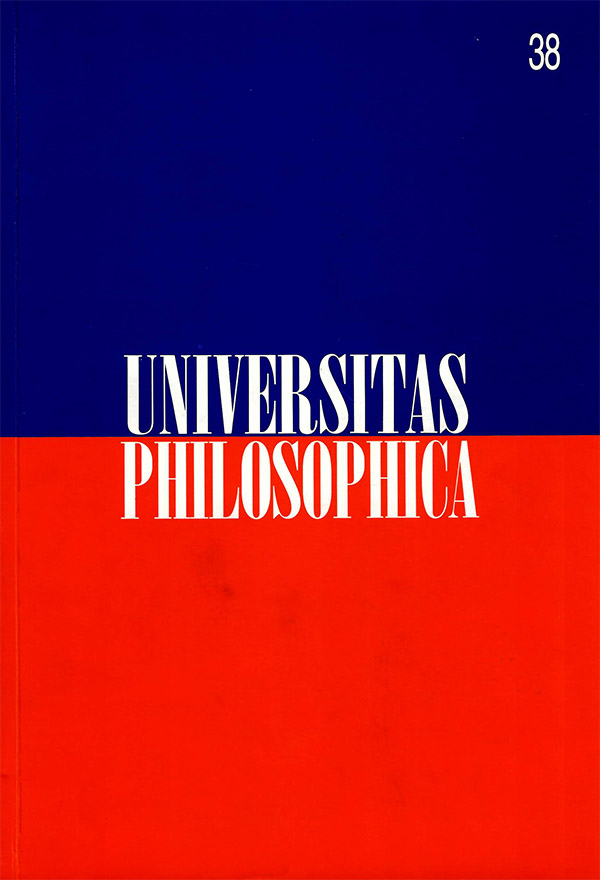Abstract
The present aims to investigate two subjects in Plato's Phaedrus: first, the relations between Eros and mania from the encounter of Sócrates with beautiful Phaedrus in the stroll by the llysus; and secondly, the speech of the poet Stesichorus (the second of Sócrates) in which Plato approximate mythos and logos establishing the surprising connection between mania and philosophy, using the concept of memory,. After taking in to account the specific circumstances of the beginning of the dialogue, this work will focus it self on four aspects of the reflection on Eros in the Phaedrus : 1) Eros makes the sensible-intelligible connection providing the argumentativ logos; 2) Delirium (mania) is a form of non-reasonable knowledge and is fundamental for philosophy; 3) logos, understood as word, articulated in sentences presents limits to knowledge; 4) Beauty, Eros and Logos create links between fields that we call aesthetics, ethics, politics and epistemology.
This journal is registered under a Creative Commons Attribution 4.0 International Public License. Thus, this work may be reproduced, distributed, and publicly shared in digital format, as long as the names of the authors and Pontificia Universidad Javeriana are acknowledged. Others are allowed to quote, adapt, transform, auto-archive, republish, and create based on this material, for any purpose (even commercial ones), provided the authorship is duly acknowledged, a link to the original work is provided, and it is specified if changes have been made. Pontificia Universidad Javeriana does not hold the rights of published works and the authors are solely responsible for the contents of their works; they keep the moral, intellectual, privacy, and publicity rights.
Approving the intervention of the work (review, copy-editing, translation, layout) and the following outreach, are granted through an use license and not through an assignment of rights. This means the journal and Pontificia Universidad Javeriana cannot be held responsible for any ethical malpractice by the authors. As a consequence of the protection granted by the use license, the journal is not required to publish recantations or modify information already published, unless the errata stems from the editorial management process. Publishing contents in this journal does not generate royalties for contributors.


